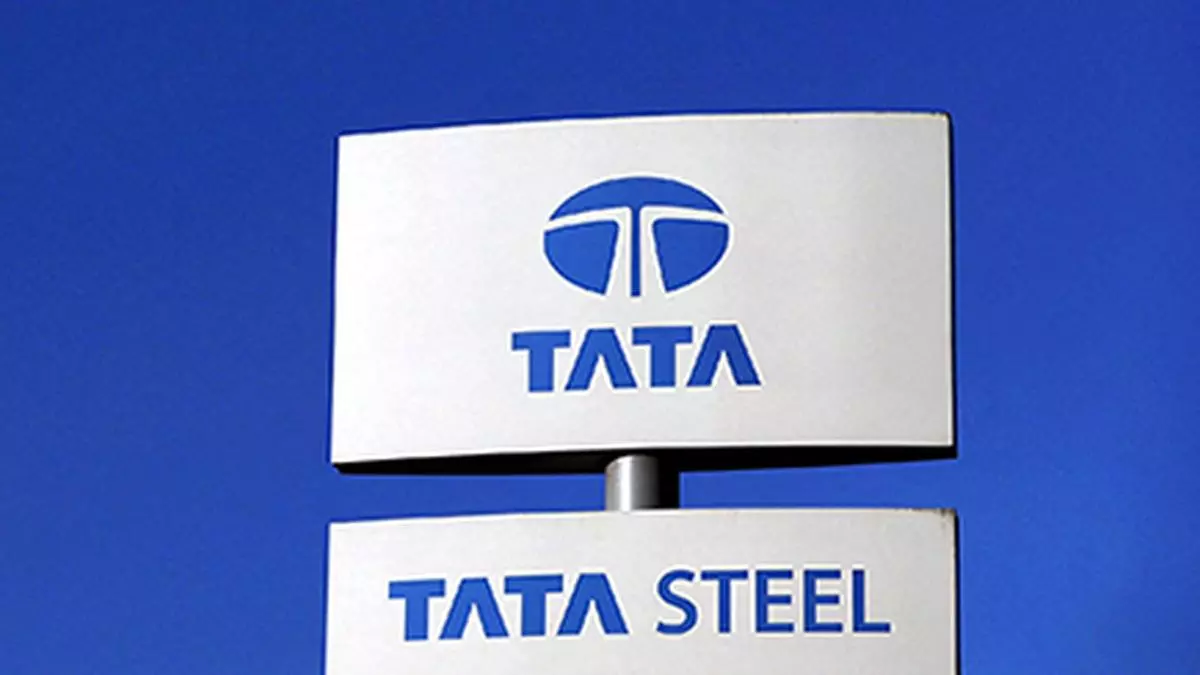The Union Territory of Jammu and Kashmir (J&K) is fast heading towards a horticulture revolution. The apple industry contributes 8-10 per cent to the State’s GDP and generates 8.5 crore man-days of employment annually. In order to impart new vigour to the industry, the UT administration has drawn up a new High Density Apple Plantation Scheme.
J&K customarily produces over 20 lakh tonnes of apples annually, surpassing an impressive 25 lakh tonnes in certain years. With over 2.5 lakh hectares under cultivation, apple industry is the major source of livelihood for more than half of the population of the region. However, the traditional apple varieties of the region face multiple challenges including low yield, labour costs, and pest infestation.
The first-ever high density apple orchard was inaugurated by the then Chief Minister of the State in South Kashmir in 2015. In 2017 a new scheme was introduced to remove the shortcomings of the traditional apple varieties by planting hybrid varieties through private enterprise.
These high-density apple trees are smaller, allowing planting 150-160 trees as compared to 50-60 conventional trees per kanal (one twentieth of a hectare). The scheme, supported by subsidies and private partnerships, yields fruit within a first or second year and reaches full production by the fourth or fifth year.
Many popular varieties are imported from Europe but Red Gala is planted the most because of the variety’s geographic and environmental feasibility. Even though high-yielding apple farming is still in infancy, it can empower farmers and boost the apple industry through increased productivity and sustainability.
Progress With Caution
In J&K the significant shift comes at the expense of either transforming the traditional apple farms to hybrid farming or by converting productive paddy fields into apple orchards. The rapid shift toward high-density apple farming necessitates a cautious and measured approach.
The cost of establishing high-density orchards, including specialized rootstocks, trellising systems, and irrigation infrastructure, is prohibitively high for many farmers, the majority of whom operate on small holdings.
Early fruit production is vital to offset high establishment costs. Cornell University research suggests 450–600 trees per acre for better returns, but J&K’s 150-160 trees per acre could render high-density orchards unviable.
Bridging this density divide is the key to unlocking the promise of J&K’s apple industry.
Temperate fruits
The J&K region’s unique agroclimatic conditions make it an ideal region for growing temperate fruits. However, the region’s susceptibility to climatic extremes, including untimely snow, hailstorms, and water scarcity, poses a risk to the shallow-rooted, high-density orchards, which are less resilient than traditional apple varieties.
Policymakers, experts, and farmers must ensure that this transformation is economically viable and environmentally sustainable. The lifespan of an apple tree typically ranges from 15 to 50 years, depending on the variety and growing conditions. The average age of high-density apple trees is uncertain because these systems are relatively new, and their lifespan depends on factors such as variety, rootstock, orchard management, and environmental conditions.
Hybrid apple varieties recommended by SKUAST (Sher-e-Kashmir University of Agricultural Sciences and Technology) have gained attention for their potential to boost yields and meet market demand. However, hybrid trees may not exhibit the same longevity as traditional varieties. New-age apple farming must ensure economic viability and environmental sustainability. This requires durable crop varieties, efficient resource use, and practices that boost productivity while preserving soil, water, and biodiversity for long-term growth.
The writer teaches Politics at Govt. Degree College, Beerwah








Leave a Comment